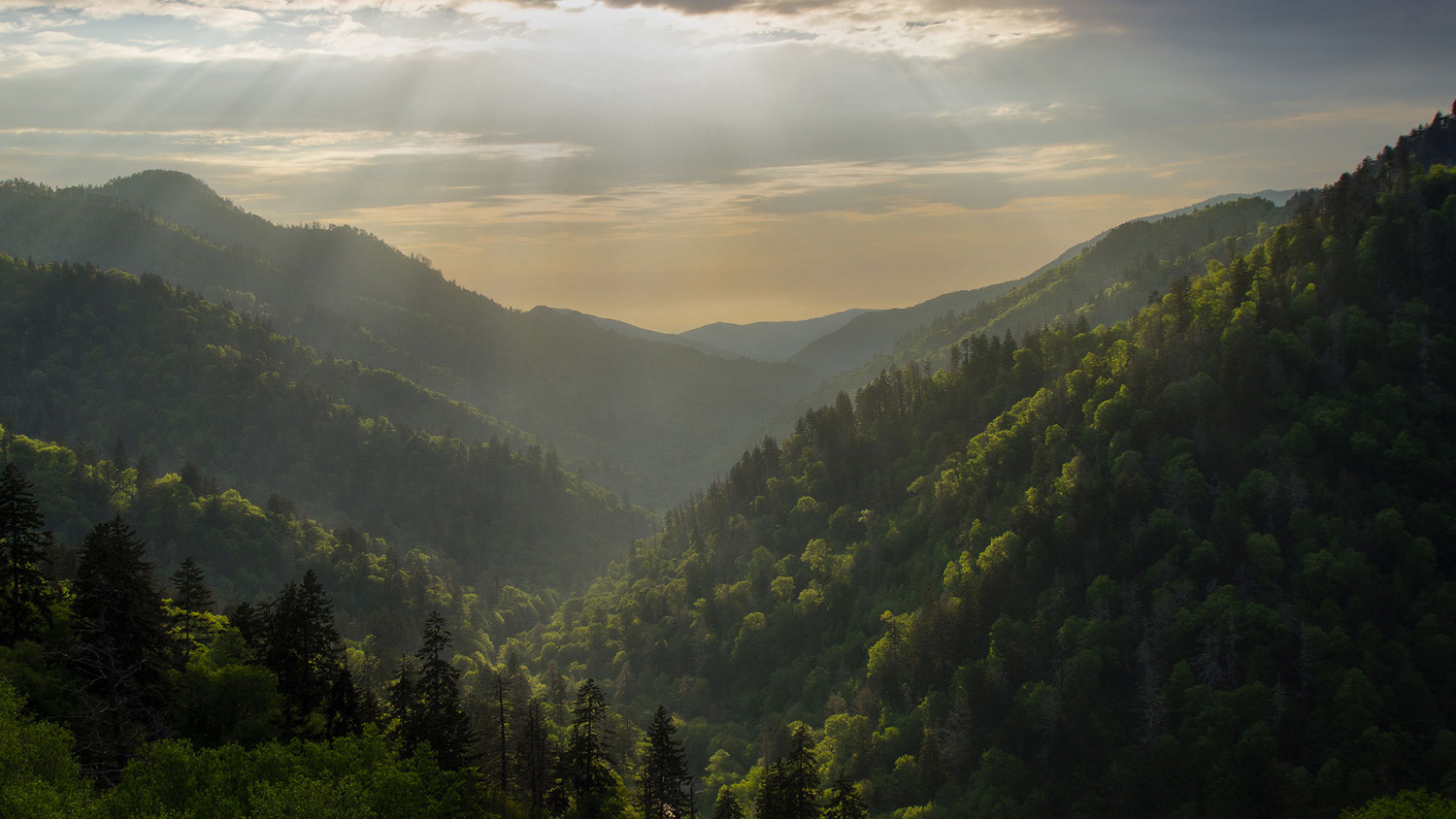We know that our current and future customers want to know what we’re doing to increase our sustainability, especially as our business grows. As part of our mandate to provide more eco-friendly web hosting, here is our sustainability report for January 2021. We’ve planted over 4,300 trees this month, and have sponsored two Gold standard projects.
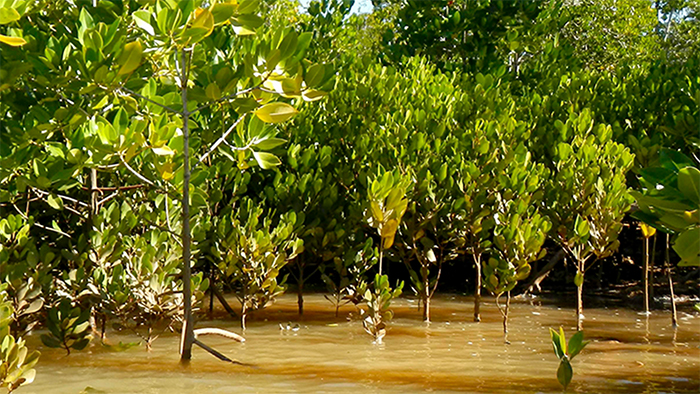
Over 3,000 mangroves planted in Madagascar
For our hosting packages and servers, we purchase trees through Tree-Nation, and this month, we purchased 3,000 Rhizophora mucronata for the Eden Reforestation Project in Madagascar, and we had one Bruguiera gymnorrhiza planted to offset our website. Plus, as Ecologi members, we plant trees to offset our employees’ carbon footprint, which means that we planted 33 Avicennia marina and 33 Bruguiera gymnorrhiza in their Maratoala project.
Mangroves are vital to the Madagascan coastline, helping not only to prevent tidal erosion (as seen in this tweet) but also provide a space free from predators for many species of fish to lay eggs and raise their young.
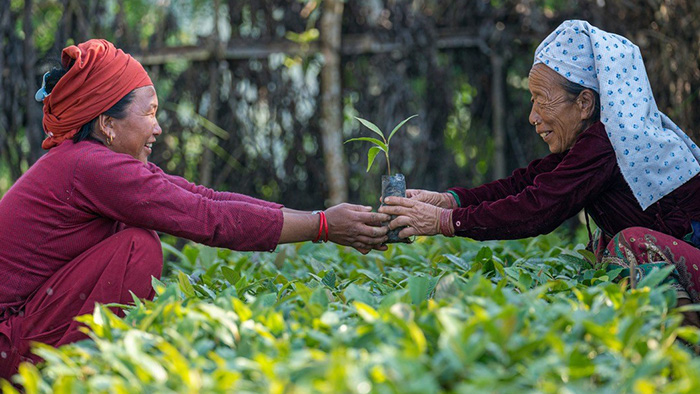
1,000 Lapsi trees planted in Nepal
Not only did we buy trees this month for our hosting and server customers, but we also bought trees for each new gTLD domain name purchased or transferred over to us in January. So if you bought a .com, a .earth, or even a .pizza, thank you! You helped us plant trees!
We purchased 1,000 Choerospondias axillaris, better known as Lapsi trees, for the Eden Reforestation Project in Nepal. Not only are these trees native to Nepal, they produce fruit that makes delicious pickles, fruit tarts, and candy that are very popular across Nepal.
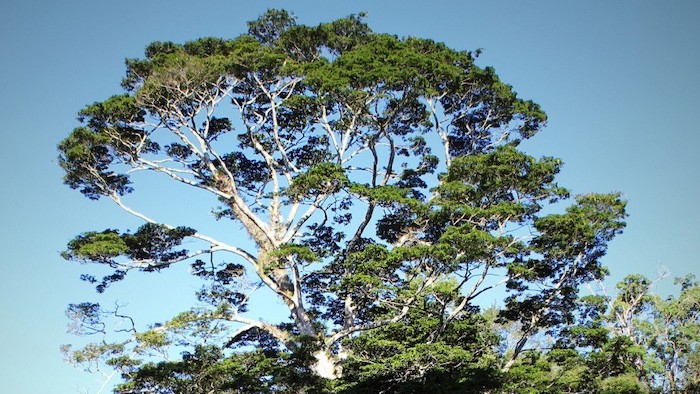
Over 200 Newtonia trees planted in Tanzania
We also planted 226 Newtonia buchananii trees for the Usambara Biodiversity Conservation Project for our customers. These trees are native to tropical Africa and provide light shade for smaller plants that grow underneath them, such as coffee, tea, and cocoa. They’re also good for stabilising river banks, and their flowers and pollen are a favourite for bee populations. This makes them great for farmers, as you can grow them on your coffee plantation, shore up your riverbank, and get delicious honey!
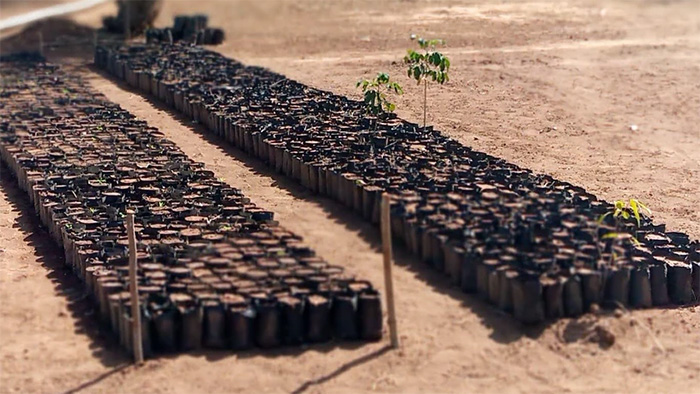
27 trees planted in Mozambique
Along with planting in Madagascar, Ecologi is now planting trees in Changalane, Mozambique, and we were delighted to find out we planted 15 Acacia nilotica, 12 Trichilia emetica, 9 Strychnos spinosa, and 9 Adansonia digitata.
Acacia nilotica is better known as the gum arabic tree, producing that binding agent found in everything from paints to sweets to cocktail syrup. Trichilia emetica is the Natal mahogany, a decorative flowering evergreen. Strychnos spinosa is known as the spiny orange tree, producing fruit and leaves that are popular with many African animals. And Adansonia digitata is the African baobab tree, known for becoming massive beautiful trees with delicious fruit and wonderful shade.
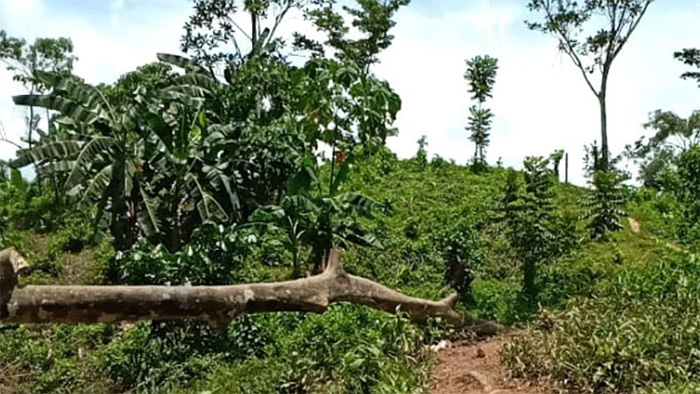
9 Acacia trees planted in Nicaragua
Ecologi is also helping the Bosawas Biosphere Reserve reforest over 1,300 acres of land. We’ve added nine more acacias to this collection, giving even more trees to the area and helping the local community protect against illegal loggers.
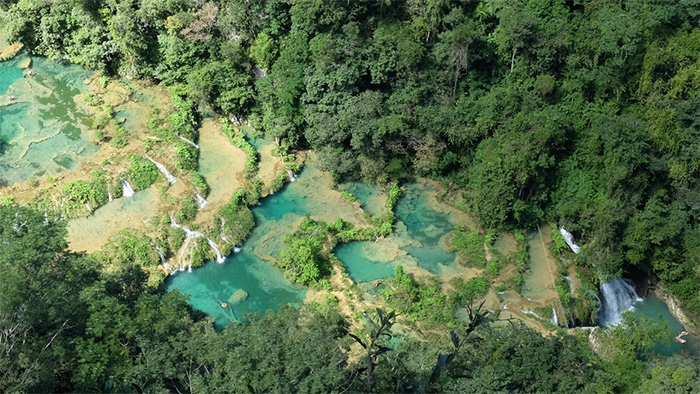
Preserving the Mesoamerican Biological Corridor in Guatemala
Ecologi also sponsors Gold standard projects for us, and this month they sponsored a REDD+ project that is working to protect over 54,000 hectares of land in the Department of Izabel in Guatemala. Working closely with the local communities, this project protects this diverse and important area from deforestation, especially due to farming. The Mesoamerican Biological Corridor spans from Mexico to Panama and is an important land bridge connecting North and South America for wildlife migration. With 7 to 10% of the world’s known animal species residing in this area, it’s important that as much land as possible is protected.
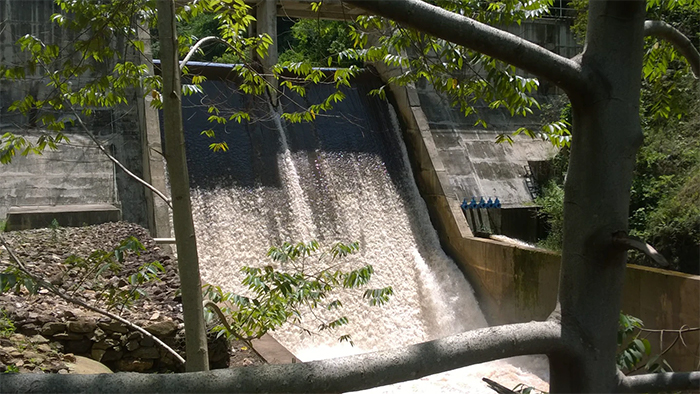
Funding hydropower in Uganda
Ecologi also helped to fund the Ishasha Small Hydropower Project in the Kanugu district of western Uganda. A rural area that has gone without steady power, this hydropower plant on the banks of the Ishasha river will provide 29.404 GWh annually to the Ugandan power grid, helping the Kanugu district ensure a clean power source for years to come.
Our impact
Through these projects over the past month, we have reduced our carbon footprint by an additional 280 tonnes, making it over 1950 tonnes since we started – the equivalent of nearly 6km squared of sea ice being saved or over 16,000 barrels of oil not being used.
We’ll keep you all up to date with how we’re doing each month in our blog and we hope you are as excited about the work we’ve been doing as we are.
